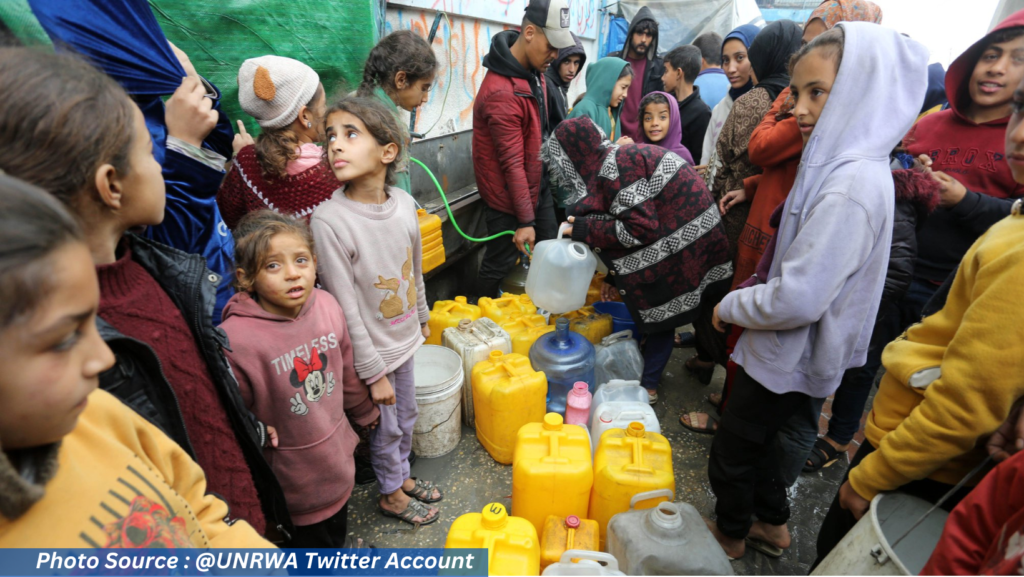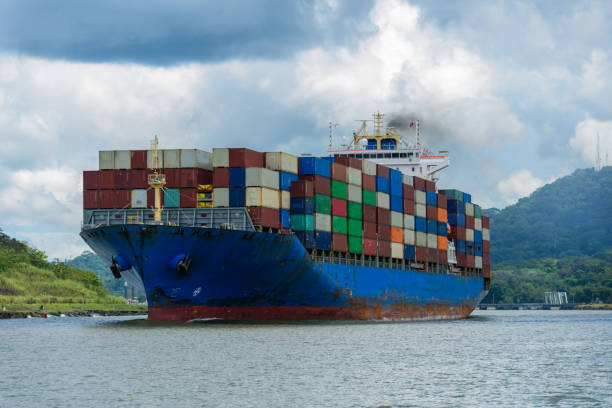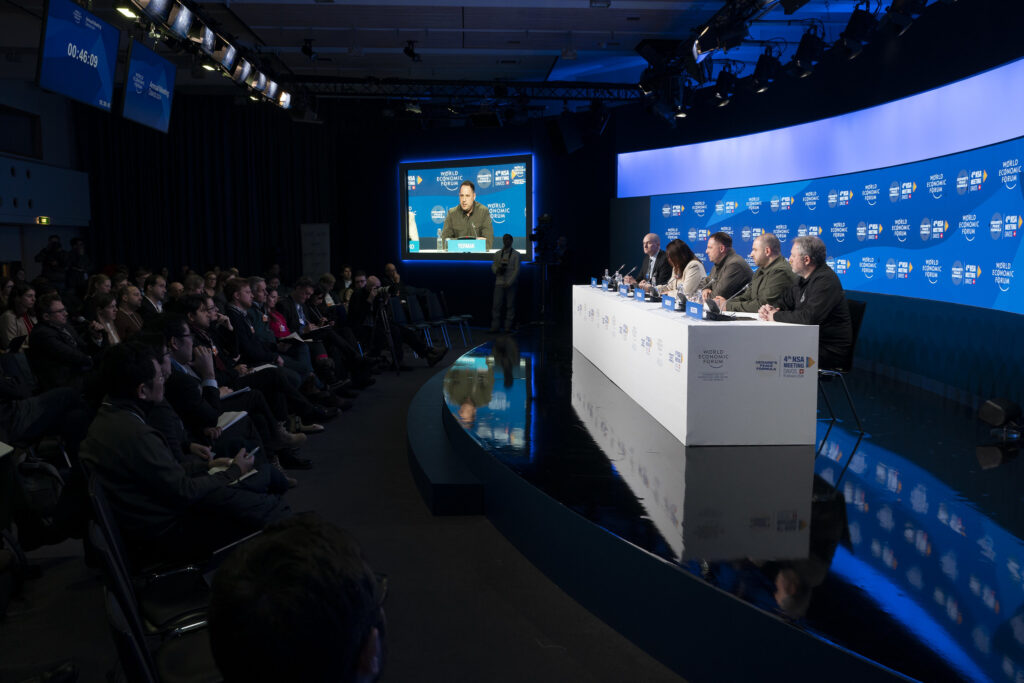UN warns of “catastrophic consequences” if donors defund relief agency in Gaza
Geneva/New York, January 31, 2024 – Decisions by key donors to suspend funding for the main UN relief agency in Gaza will collapse the massive humanitarian operations that have been assisting millions of Palestinians in Gaza and the region, the Inter-Agency Standing Committee (IASC) said as the Israel-Hamas war continues to impact on the displaced population.
UN Secretary-General Antonio said the humanitarian system in Gaza is “collapsing” and he called on UN member states to guarantee the continuity of the saving-life work of the UN Relief and Works Agency (UNRWA). He said the agency is the “backbone” of all humanitarian assistance in Gaza as well as Palestinian refugees in the occupied West Bank, Jordan, Lebanon and Syria.
“I am extremely concerned by the inhumane conditions faced by Gaza’s 2.2 million people, as they struggle to survive without any of the basics,” Guterres told the 2024 Session of the Committee on the Exercise of the Inalienable Rights of the Palestinian People at UN Headquarters in New York.
“Everyone in Gaza is hungry, while half a million grapple with catastrophic levels of food insecurity,” he said. “I call for rapid, safe, unhindered, expanded and sustained humanitarian access throughout Gaza.”
The Geneva-based IASC said in a statement signed by leaders of 14 relief agencies that allegations of involvement, while “horrifying,” by several staff members of the UNRWA in the October 7 attacks on Israel should not stop the relief work of the agencies.
“However, we must not prevent an entire organization from delivering on its mandate to serve people in desperate need,” the statement said. “The harrowing events that have been snowballing in Gaza since 7 October have left hundreds of thousands of people homeless and on the brink of famine. UNRWA, as the largest humanitarian organization in Gaza, has been providing food, shelter and protection, even as its own staff members were being displaced and killed. “
“Decisions by various Member States to pause funds from UNRWA will have catastrophic consequences for the people of Gaza. No other entity has the capacity to deliver the scale and breadth of assistance that 2.2 million people in Gaza urgently need. We appeal for these decisions to be reconsidered.
“UNRWA has announced a full, independent review of the organization, and the UN’s Office of Internal Oversight Services has been activated.
“Withdrawing funds from UNRWA is perilous and would result in the collapse of the humanitarian system in Gaza, with far-reaching humanitarian and human rights consequences in the occupied Palestinian territory and across the region. The world cannot abandon the people of Gaza.”
Governments last year pledged $1.17 billion to UNRWA, but recently the US, Canada, Australia, Britain, Germany, Italy, the Netherlands and Switzerland have decided to suspend their contributions after Israel charged 12 UNWRA staff members with taking part in the Hamas-led attacks on the country last October 7, which killed 1,200 people and captured 240 hostages. Gaza authorities reported that over 25,000 Palestinians have been killed.
The 14 IASC signatories to the appeal are: Martin Griffiths, Emergency Relief Coordinator and Under-Secretary-General for Humanitarian Affairs (OCHA); Jane Backhurst, Chair, ICVA (Christian Aid); Jamie Munn, Executive Director, International Council of Voluntary Agencies (ICVA); Amy E. Pope, Director General, International Organization for Migration (IOM); Volker Türk, United Nations High Commissioner for Human Rights (OHCHR); Paula Gaviria Betancur, United Nations Special Rapporteur on the Human Rights of Internally Displaced Persons (SR on HR of IDPs); Achim Steiner, Administrator, United Nations Development Programme (UNDP); Natalia Kanem, Executive Director, United Nations Population Fund (UNFPA); Filippo Grandi, United Nations High Commissioner for Refugees (UNHCR); Michal Mlynár, Executive Director a.i., United Nations Human Settlement Programme (UN-Habitat); Catherine Russell, Executive Director, UN Children’s Fund (UNICEF); Sima Bahous, Under-Secretary-General and Executive Director, UN Women; Cindy McCain, Executive Director, World Food Programme (WFP); Tedros Adhanom Ghebreyesus, Director-General, World Health Organization (WHO)
United Nations correspondent journalists – United Nations correspondent journalists – United Nations correspondent journalists – United Nations journalism articles – United Nations journalism articles – United Nations journalism articles – United Nations News – United Nations News – United Nations News
UN warns of “catastrophic consequences” if donors defund relief agency in Gaza Read More »






